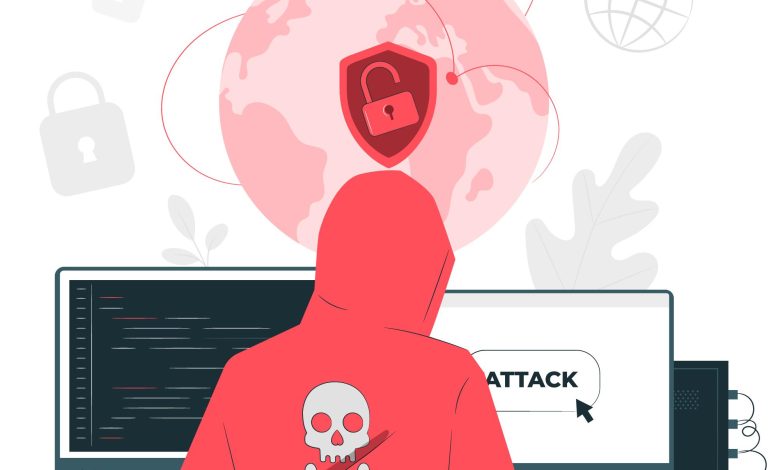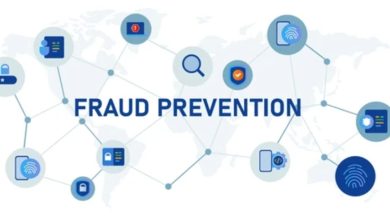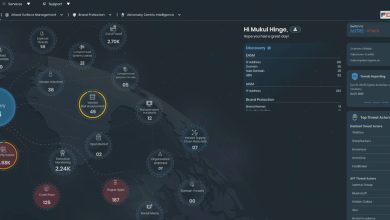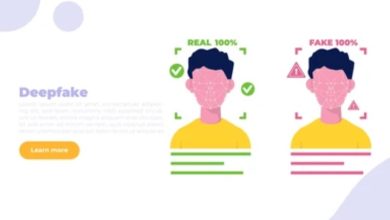Enhancing Cybersecurity While Travelling: 5 Key Safety Measures From Keeper Security

In a world that is more digitised and interconnected than ever before, the excitement of travel adventures is intricately woven with the responsibility of safeguarding your digital presence. Keeper Security, the leading provider of zero-trust and zero-knowledge cybersecurity software protecting passwords, passkeys and digital assets, shares five critical safety measures to mitigate security threats while travelling.
Here are five essential cybersecurity tips to ensure you are protected against common cyber attacks:
#1 Device security is paramount. Ensure all electronic devices are equipped with the latest security updates and patches. Watch for notifications, install updates immediately and turn on automatic updates wherever possible. Not only do software updates enhance existing features, fix bugs and improve performance, but they also patch security flaws and add new security measures.
#2 Protect your online accounts. Set strong and unique passwords that are at least 16 characters long, do not contain dictionary words, patterns or sequential numbers, and include uppercase and lowercase letters, numbers and special characters. Further, strengthen your account security by enabling Two-Factor Authentication (2FA). This additional layer of protection ensures that even if a password is compromised, unauthorised access will be prevented. A password manager can generate, store and automatically fill strong passwords and 2FA codes.
#3 Avoid charging stations and public Wi-Fi and use a VPN. Avoid public USB charging stations to prevent juice jacking attacks. Cybercriminals can load malware onto these charging stations to maliciously access your device. Disable Wifi and Bluetooth auto-connect options and avoid public WiFi networks, which are unsecured and vulnerable to attack. Use your phone’s hotspot feature instead. Using a Virtual Private Network (VPN) when accessing accounts from different locations will encrypt your connection and secure it against cyber threats.
#4 Be mindful of social media. Exercise caution when posting travel plans and vacation updates on social media platforms. Broadcasting your location in real time makes you a target for both cyber attacks and physical crimes. In addition to providing your location and personal information, sharing that you’re away also alerts thieves that your home is unoccupied. Limit your audience to trusted contacts and consider posting updates after you’ve returned to minimise risk.
#5 Upload important documents for backups and emergency access. The risk of important financial, identification and other documents being lost or stolen – including passports, IDs, credit cards, visas and medical information – drastically increases on trips. Travellers should upload backups of important cards and documents that contain sensitive information to a secure password manager. You can also use an encrypted service like One Time Share to securely share important information with a trusted friend or family member to provide access in the event of an emergency.
“In an era where cybercrime is rampant, implementing robust cybersecurity practices when travelling is essential,” said Darren Guccione, CEO and Co-founder of Keeper. “Our commitment to empowering users with tools that enhance their digital resilience aligns with Keeper’s broader mission of fostering a secure online environment for everyone. With a secure password manager, travellers can ensure both a seamless and safe experience.”
Recognising the dynamic nature of cyber threats, Keeper advocates not only for adherence to best practices, but also a dedication to digital literacy and preparedness. Keeper provides a wealth of educational blog posts on cybersecurity topics ranging from travel preparedness to cyber attacks.




